Exclusive: 60kWh Leaf to debut without liquid-cooling
Nissan has set a new date for finally introducing the lastly delayed new Leaf EV with 60 kWh battery. Our colleagues in Germany gathered information in dealer circles, more precisely at a Nissan event last night. There the Japanese carmaker informed its partners that the Leaf will debut at the CES in Las Vegas on January, 8.
The 2019 Nissan Leaf with indeed the long expected bigger battery will then go on sale in Europe starting in May. It will also feature an increased DC charging capacity, but without liquid cooling.
Information about the new Leaf, also dubbed the ‘E-Plus’, consolidated recently. Despite the cancellation of the initial presentation due to allegations of misconduct against the former Nissan CEO Carlos Ghosn, Nissan now set a new date for the presentation at the Consumer Electronics Show in Las Vegas, USA.
Yet, not all is new for the Nissan Leaf 2019, i.e. the change is not so much in the appearance. It is the inner life that counts so to speak and that has been confirmed in said battery pack with a usable capacity of 60 kilowatt hours. As a kind of useful “waste product”, a higher direct current charging capacity has been added as well. Thus Nissan doubles charging capacity to a new 100 kW with the Leaf E-Plus.
When this information was conveyed at an event for Nissan dealers yesterday, a whisper could be heard across the rows as it became clear that the 60 kWh battery will have to go along without liquid cooling. The lack of such active heat dissipation had already led to the issue known as Rapidgate on social media. Back then, the current battery generation (40 kWh) exhibited problems with repeated DC charging, especially in hot climates. The necessary reduction in charging capacity in turn led to significantly longer charging times – a nuisance on long journeys, as the editors of electrive.net had to find more than once.
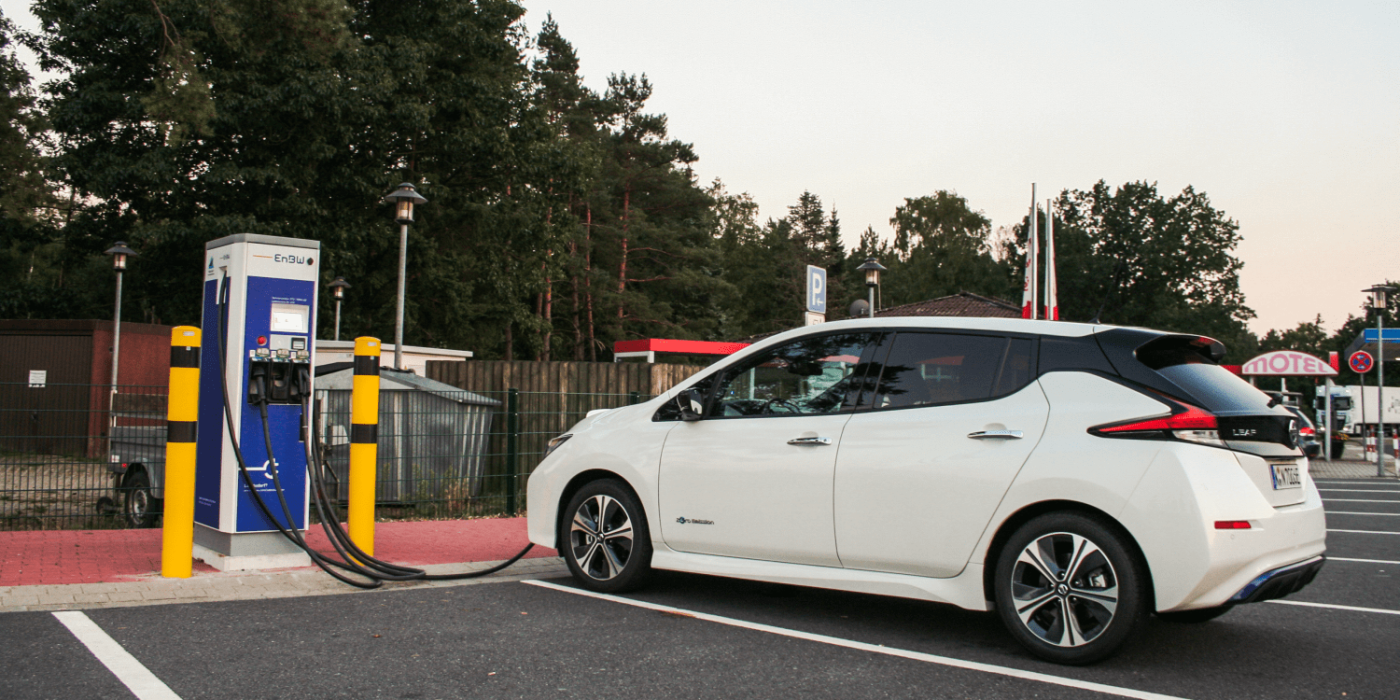
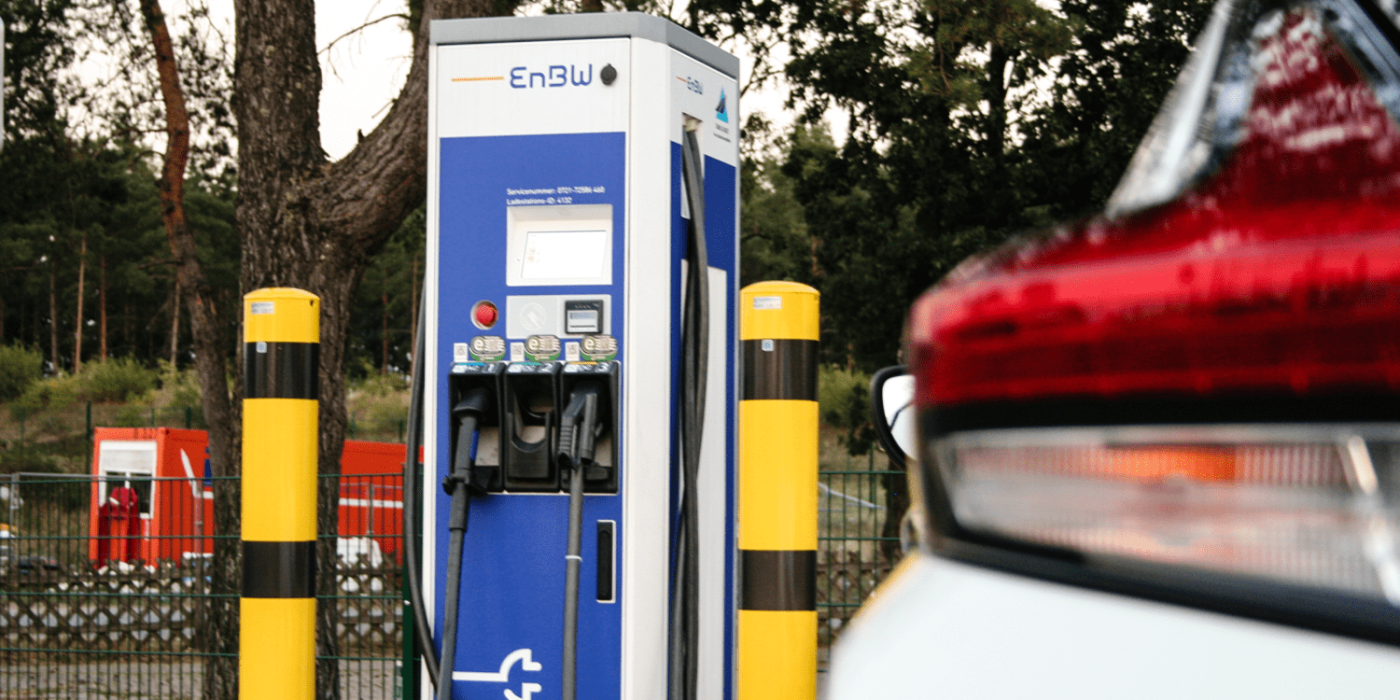
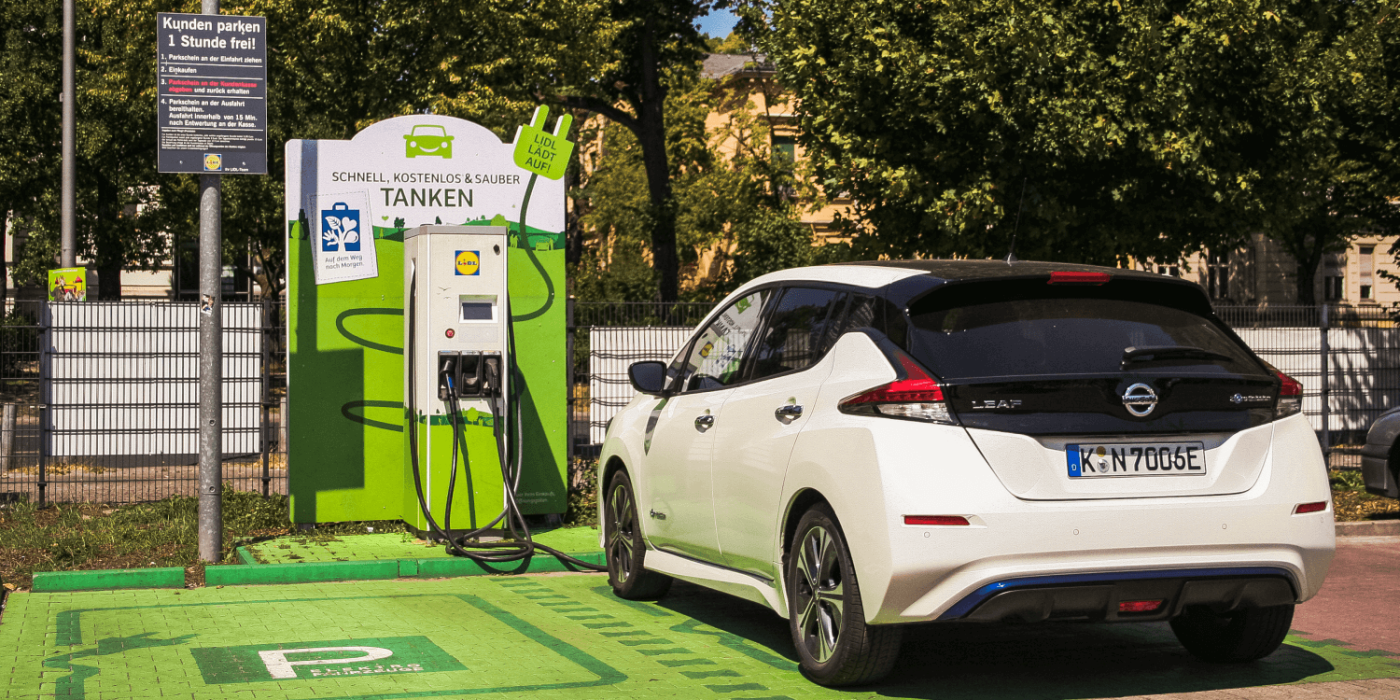
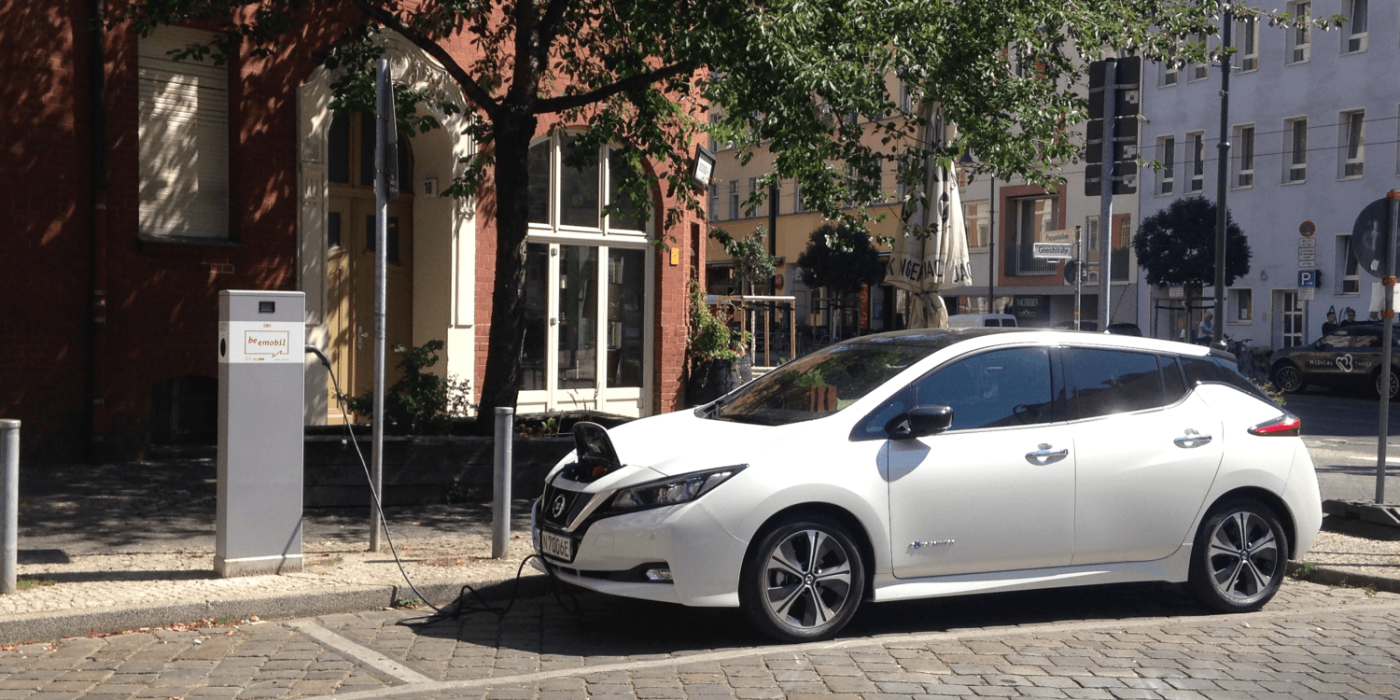
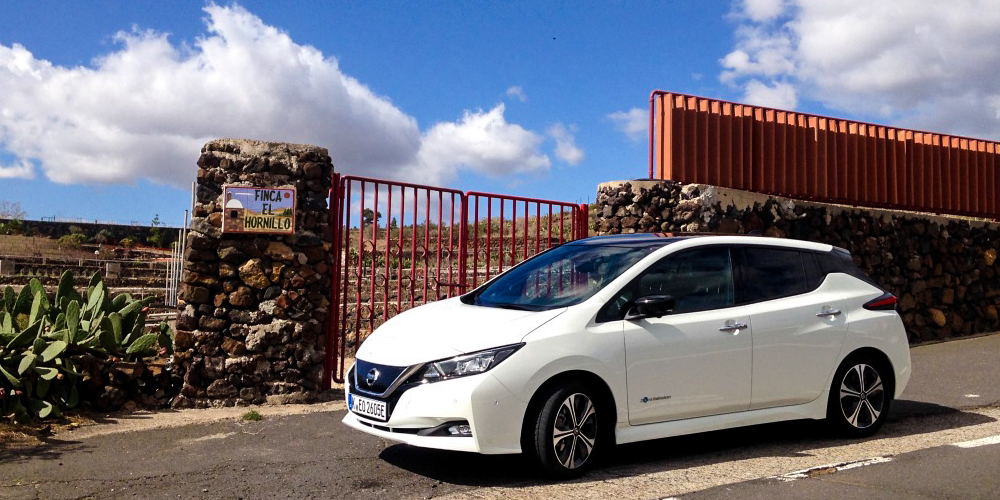
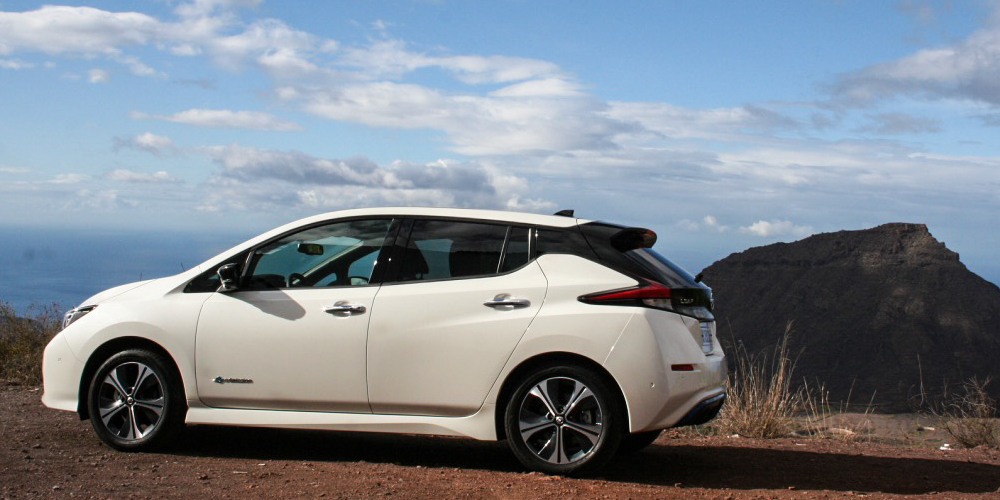
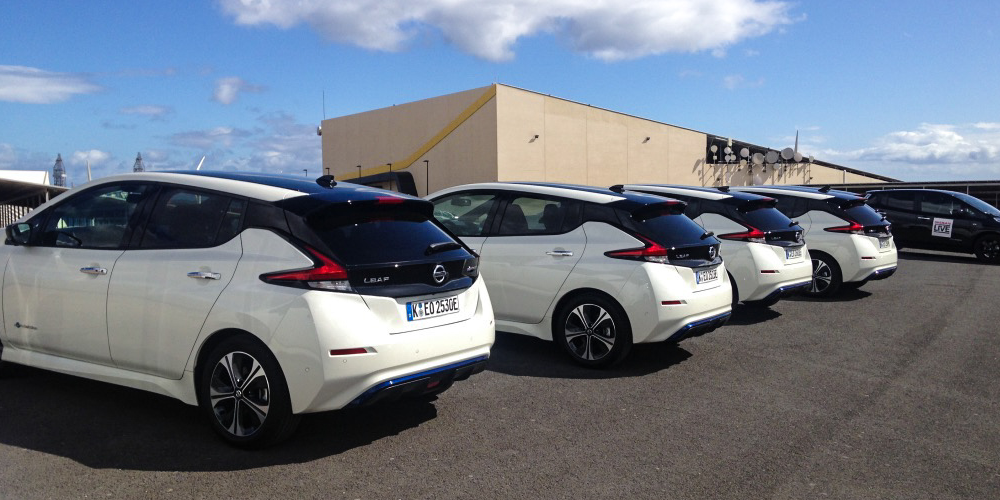
Supposedly, Nissan is trying to tackle the issue, at least a little. As with the electric transporter e-NV200, an additional fan is to give the battery a breath of fresh air during the DC charging process. It remains to be seen whether this will be sufficient to actually experience the 100 kW charging power specified in theory so far. The Japanese will continue to use the CHAdeMO fast-charging standard.
Meanwhile, Nissan had confirmed to use cells from LG Chem for the new version and in future already. In addition, the Leaf E-Plus also comes with an improved performance, up from 110 to 149 kW.
The 60 kWh Nissan Leaf will arrive in Europe in May 2019. The larger battery will cost electric car drivers an additional 5,800 euros. Still, the previous battery version of the Nissan Leaf electric car will remain available.
>> with reporting by Peter Schwierz


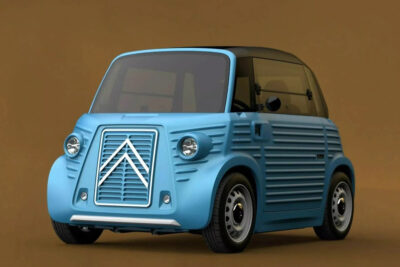
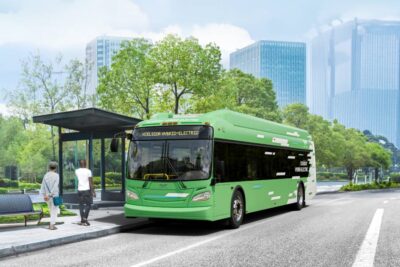
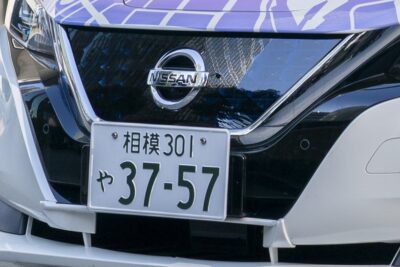
10 Comments